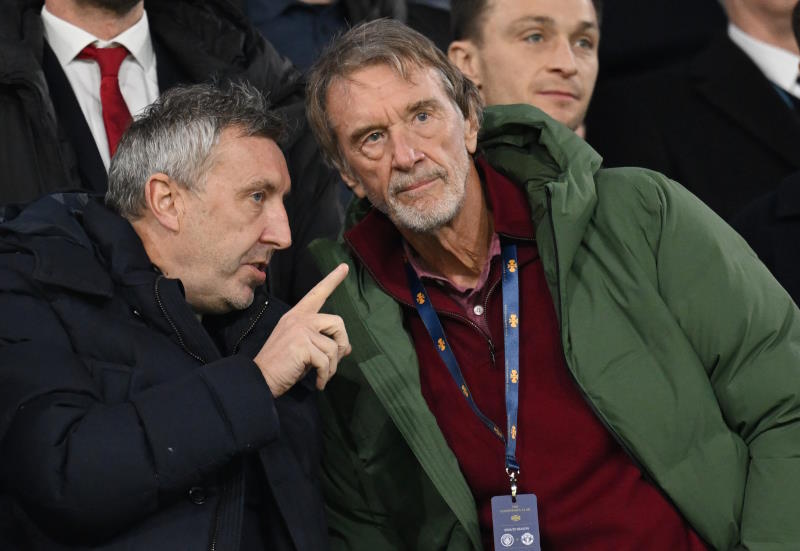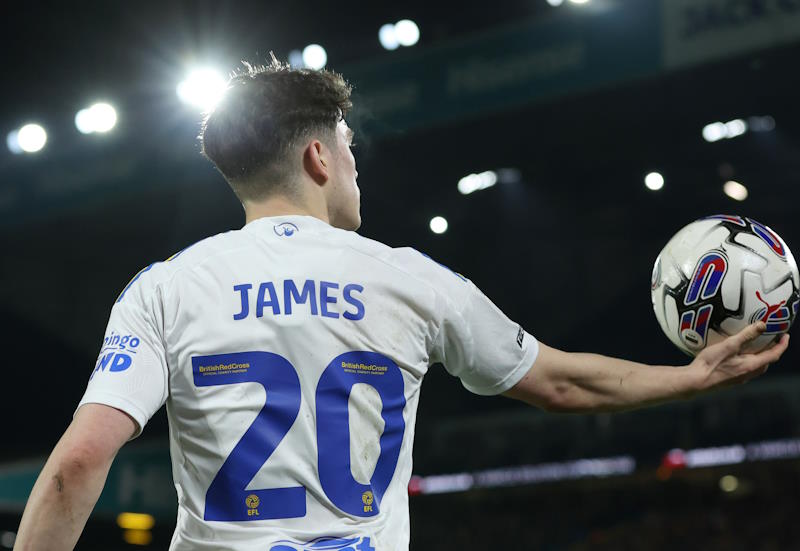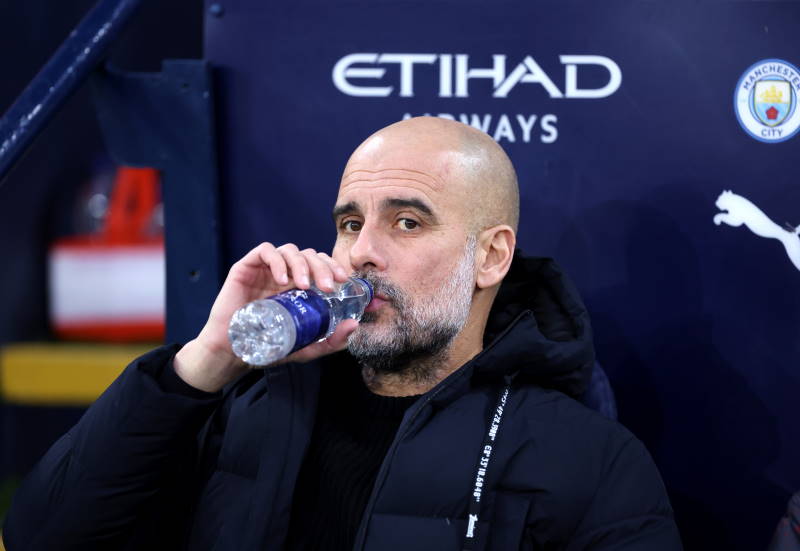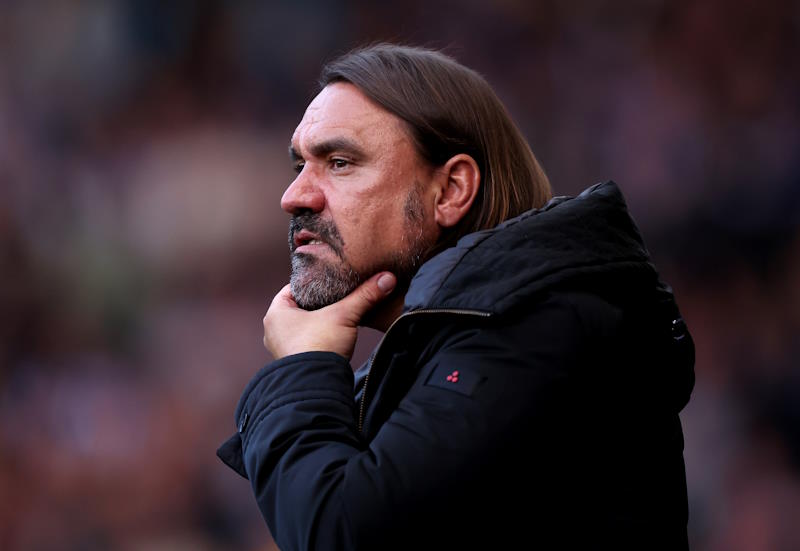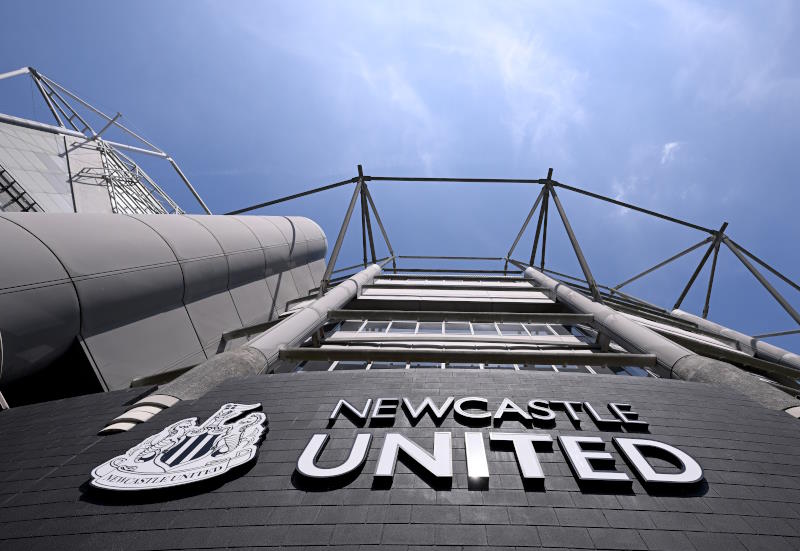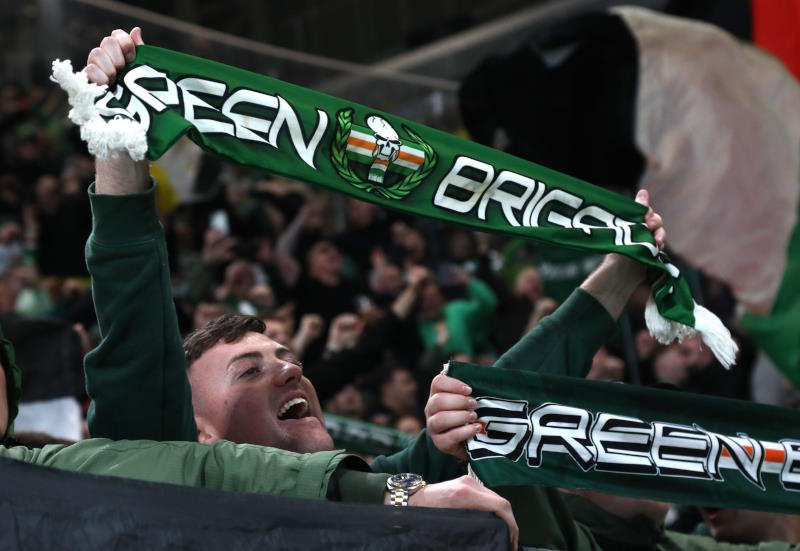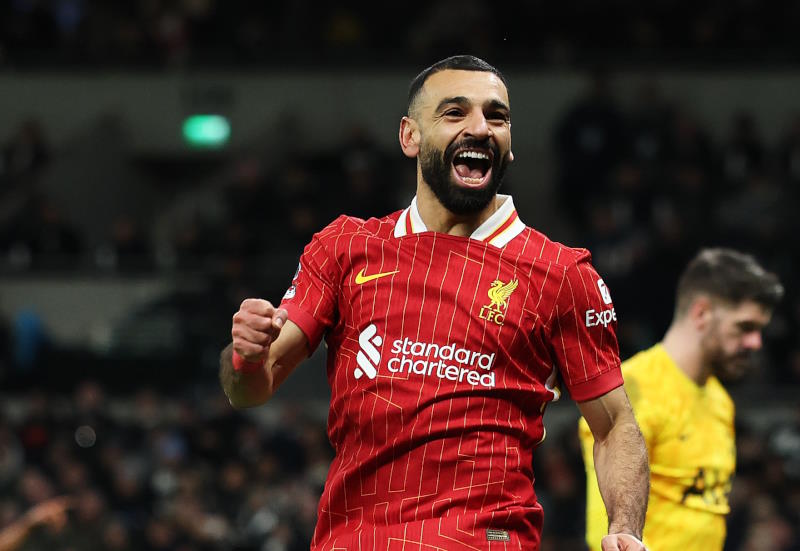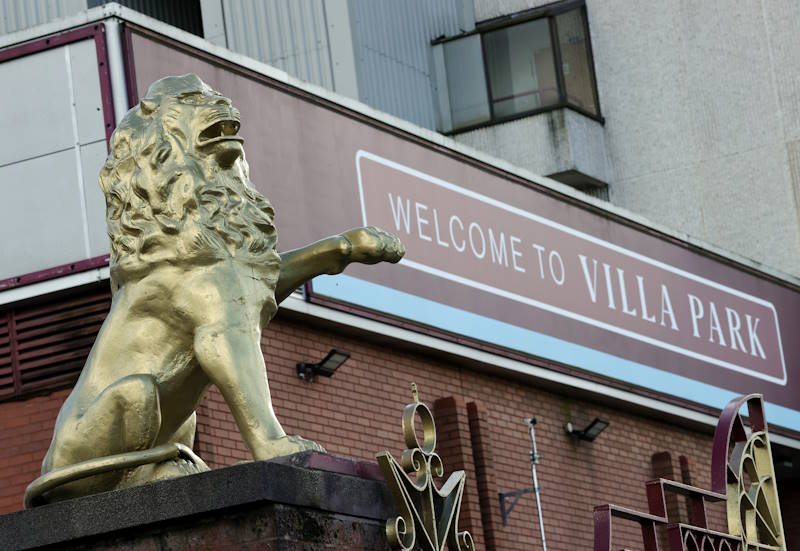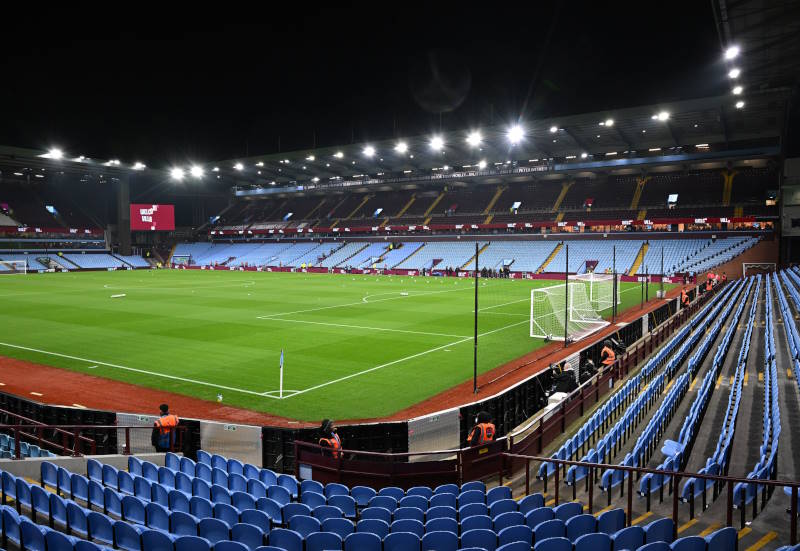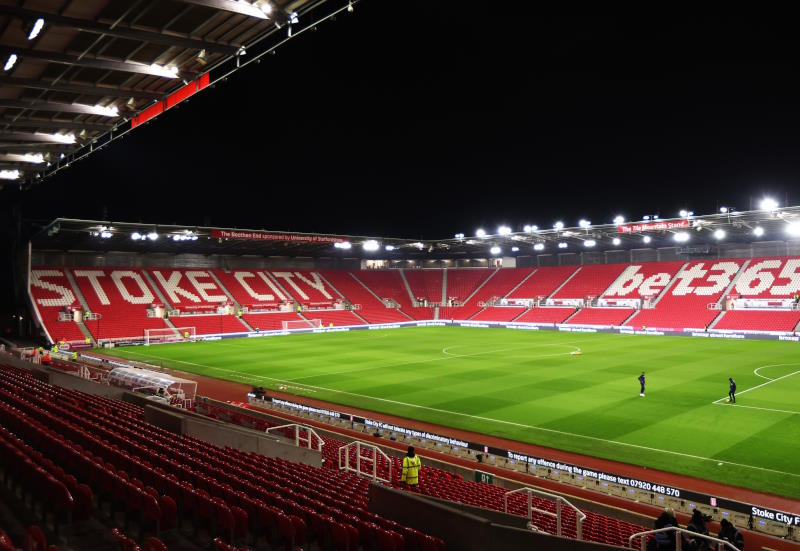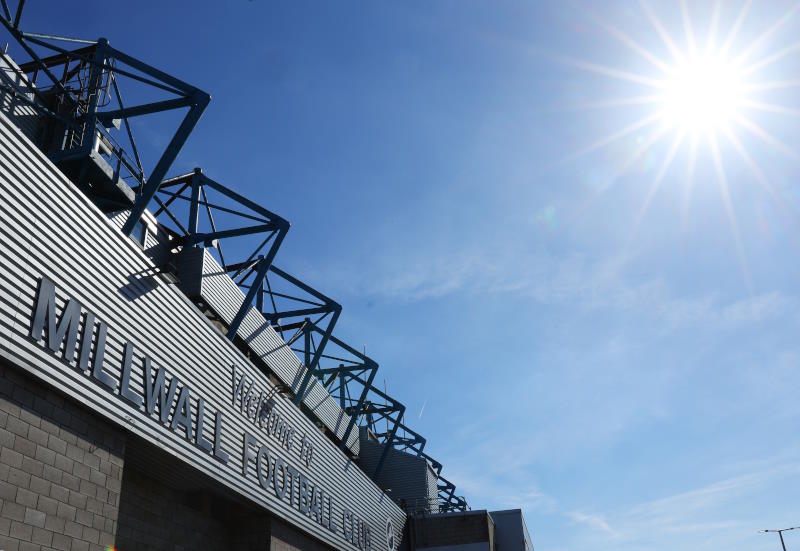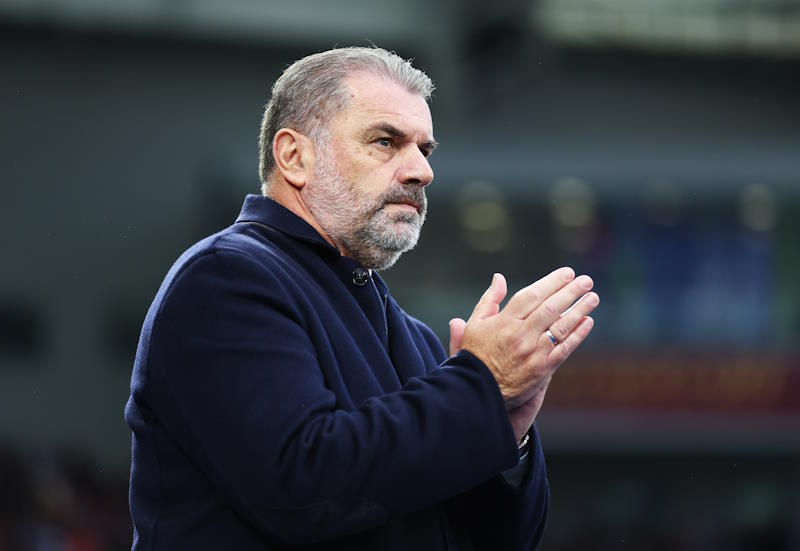
It is often said that a true champion not only shows his superiority when compared to other competitors, but is able to come back in a fight when all seems lost, and deliver that final knockout blow that allows him to raise his fists in glory when the fog of war ultimately starts to fade away.
On Sunday 9th January, 2011, at the Santiago Bernabeu, Real Madrid delivered yet another one of their famous comebacks, and clinched a valuable three points against third placed Villarreal, who had started the game in high spirits following their midweek Copa del Rey victory over neighbours Valencia. It was however a combination of luck, resiliency, individuality, and of course, José Mourinho’s tactical change that allowed Los Merengues to come up with what could be their most important win of the 2010/11 Primera Division calendar. But impressive though the manner of the comeback was, their victory raised questions to which the answers are far from certain.
Going into the bout, the home faithful assumed an easy win was there for the taking. Real Madrid after all, were unbeaten at the Santiago Bernabeu, and armed with Mourinho’s jaw-dropping record of 154 consecutive league home wins, few would have been kind enough to believe the visitors could leave with little more than a point.
It was the Yellow Submarine though who started the match on a high note, dominating proceedings before opening the scoring with less than ten minutes on the clock. Cristiano Ronaldo struck minutes later, only for Villarreal to stun the hosts once again with their second. Real Madrid did manage to level proceedings on the stroke of half time however, with Ronaldo grabbing another. Fifteen minutes later and it was as if a completely different Los Blancos team emerged from the tunnel. Mourinho’s men played some superb football in the second period, confining their opponents to their own half. Ronaldo eventually fired his personal third, before assisting the returning Kaka, ending the match 4-2 in favour of the home side.
Yet amongst the relief, and with the Madrid faithful chattering compliments to each other as they walked home for a second half with real purpose, the result could have been very different. With Villarreal missing key players such as Carlos Marchena, Marcos Senna and striker Nilmar, the victory told a false tale of Los Blancos superiority. If not for the extraordinary display of Ronaldo, combined with Mourinho’s astute thinking, Real Madrid would be surely lamenting their second loss of the season.
While Cibeles and the rest of the capital can parade with joy after such a hard-fought victory over La Liga’s third placed side, questions need to be asked about Mourinho’s team’s lacklustre display, devoid of real purpose in the first half. Once again the Portuguese tactician chose to deploy a high defensive line against the Yellow Submarine, just as he had on that fateful evening in November against Barcelona at the Camp Nou. As Villarreal’s Cani and then Marcos Ruben broke through Los Blancos’ defences, scoring against the background of a sea of white, history looked to be repeating itself.
By the minute, the hour, the matchday, it is clearer than ever that Real Madrid’s defence isn’t as adept at the art of keeping clean sheets as Mourinho’s previous club Internazionale – and the Portuguese must soon realise it. Los Blancos’ defenders seem incapable of playing with a high defensive line, hoping their use of the offside trap will bail them out of sticky situations. Once the damage was done by Villarreal, it required a gargantuan effort for Mourinho’s side to haul themselves back in to contention and then, ultimately victory. Real Madrid appeared timid at first, letting the Yellow Submarine dictate the rhythm of the game. Indeed, had it not been for Ronaldo’s second before half time, the outcome would probably have been a painful one for the self-styled "Special One".
It isn’t just tactics that Mourinho may need to look at again though, but personnel too. Argentina striker Gonzalo Higuain is sidelined and could potentially miss the rest of the season, and even if the Brest-born forward doesn’t, he won’t be back in a hurry. President Florentino Perez continues to trust in Karim Benzema to fill Higuain’s boots and thus spurns the January market, yet the Frenchman has so far struggled to justify why the Madrid giants shelled out for his services 18 months ago, let alone do enough to be given the role of spearheading the club’s attack. Benzema is woefully out of sorts in front of goal, failing time and again to covert the chances presented to him. His form remains worrying and barring miraculous hat-tricks every now and then, the France star does not look like Los Blancos’ answer to the question posed up front.
And thus the pressure grows on Perez to consider bringing in a new forward, even on just a six-month loan deal. Mourinho has declared time and again his need for a fresh face up front, scribbling down the name of Inter’s Diego Milito on a scrap of paper and passing it to his president, only to find it in the waste paper basket the following day; but the Portuguese could yet at least find salvation further down the pitch. The return of Kaka after injury, a player Mourinho has been chomping at the bit to work with, could provide the welcome relief of an influx of new energy, talent and purpose. The Brazilian is hardly the number 9 that Mourinho is yearning for, and it would be foolish to expect too much from a man returning from a prolonged spell on the sidelines, but his presence is welcome nevertheless.
Perez though appears unmoved and despite Manchester City striker Emmanuel Adebayor, Bayern Munich hitman Miroslav Klose and Juventus forward Amauri all being linked as cut-price solutions, looks set to trust in what Real Madrid have. While Mourinho can answer Los Blancos’ defensive failings on the pitch, Perez may well regret his decision not to change tack off it.

